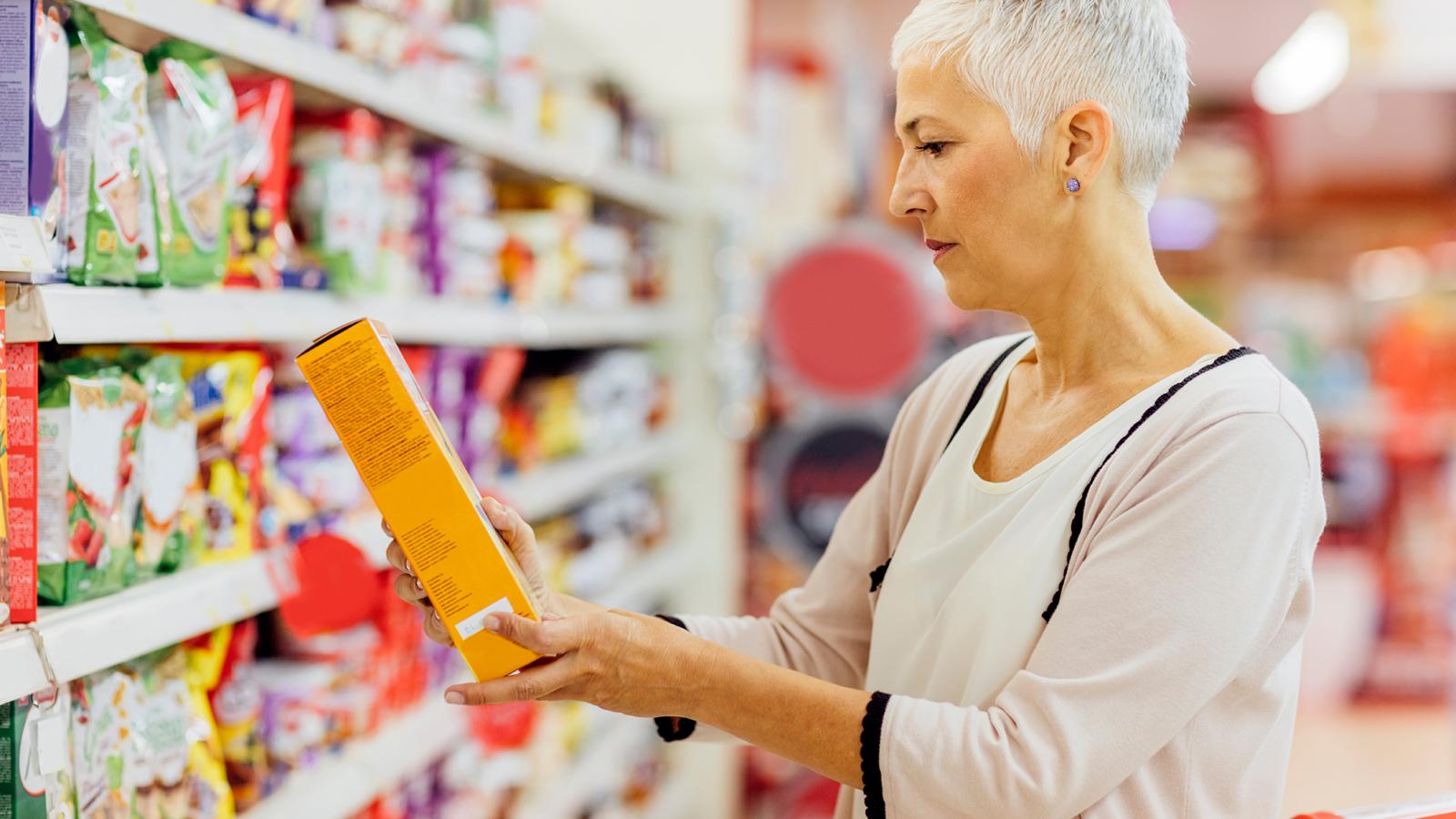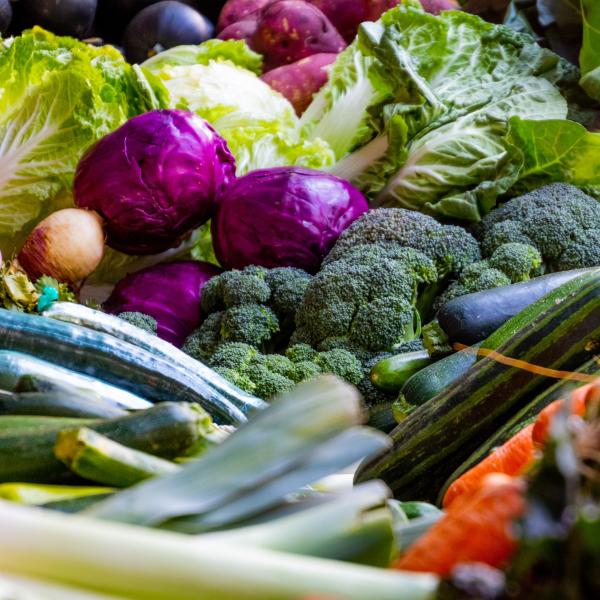Healthy lifestyle: Eat a balanced diet

To have a balanced diet you need to eat a variety of foods that provide the correct amount of nutrients your body needs to grow and work well, such as:
- Protein to help your body to repair itself after illness or treatment and fight infection
- Carbohydrates for energy
- Fats
- Vitamins and minerals help your body to use the foods you eat
They are used by your body to give you energy, repair and build essential tissues, and help with lots of body functions.
If you’ve had cancer you may need to eat a special diet or you may need to avoid certain foods. The dietitian at the hospital can give you advice if you need to eat a special diet.

Healthy eating guidelines
While some people who’ve had cancer may need to adjust their diet, for most people the following tips can help you to eat a balanced diet.
- Limit foods and drinks such as cakes, sweets, biscuits and soft drinks as these are high in fat, sugar and salt.
- Try to use fresh ingredients and cook meals from scratch.
- Eat a variety of 5 or more of different coloured fruit and vegetables every day.
- Eat wholegrain breads and cereals, wholewheat pasta and brown rice to give you energy and stop you feeling hungry.
- Choose healthier cooking methods, like steaming, grilling, baking, roasting and stir-frying instead of frying foods.
- Eat more fish, especially oily fish such as mackerel, sardines and salmon, at least once a week.
- Choose lower-fat milks, yoghurts and cheese.
- Choose vegetable oils high in monounsaturated fats such as rapeseed or olive oil.
If you eat a healthy balanced diet, there is no need to take food supplements, unless your doctor tells you to.
Preparing food
You may be very tired after your cancer treatment. Don’t put pressure on yourself if you don’t always feel well enough to cook from scratch – it may take a bit of time for the tiredness to ease. Try these tips to help you to eat well if you don’t feel like cooking.
- Prepare meals in advance when you have the energy. Freeze them for when you feel too tired to cook.
- Ask family and friends to help you shop, prepare and cook food.
- Have nourishing drinks when you don't feel like eating.
- Buy healthy ready-made meals, frozen meals and takeaways. For example, soup, salads, stir-fries, fish pie, stews, pasta bakes, curries. Look for meals that include plenty of vegetables and protein. Avoid meals with a lot of additives, fat or salt.
- Stock up on healthy convenience foods. For example, salads, cheese portions, yogurts, nuts and seeds, baked beans, smoothies, soups.
Tip: Buying healthy. Look at the labels when you’re shopping. The traffic light system can help – Red labels are high in unhealthy foods like fat, salt and sugar, yellow is medium and green is low. Avoid red and go for green!

If you’ve lost weight during cancer treatment
If you’ve have lost weight during your cancer treatment, you may need to build yourself up by eating foods that are high in protein and energy (calories). We have some advice on eating to improve weight loss.
Our Diet and Cancer booklet also has detailed information on increasing the amount of energy and protein in your diet along with sample meal plans. You can view the booklet online below or call our Support Line on 1800 200 700 to ask for a copy.

If you’ve put on weight during cancer treatment
Some weight gain during hormone therapy or chemotherapy may be caused by extra fluid in your body. This holding on to extra water is known as fluid retention or oedema.
- Limit the amount of salt you take, if advised by your doctor or nurse.
- Only take water pills (diuretics) prescribed by your doctor.
Some weight gain during treatment may be caused by medications like steroids. Once the steroids are stopped, you will have less of an appetite and lose any weight gained.
Tips for losing weight after cancer treatment:
- Eat lots of fruit and vegetables. Juice your vegetables if you prefer.
- Eat wholegrain starchy foods like brown bread, pasta, potatoes (with skins), high-fibre breakfast cereals and brown rice, so you feel full. Try to choose the high-fibre varieties.
- Choose lean meat (beef or pork without the fat, skinless chicken).
- Take low-fat dairy products like low-fat milk or diet yoghurt.
- Avoid sweets, biscuits and cakes, and snacks between meals.
- Avoid fried foods. Grill or steam your food instead.
- Get more exercise, if possible.
- Talk to your dietitian if you are worried about the amount of weight gained.
- Don’t diet without getting the advice of your doctor or nurse first.
- It is also important to give your body a break and have at least 2 alcohol-free days every week.
For more information
Phone
1800 200 700



